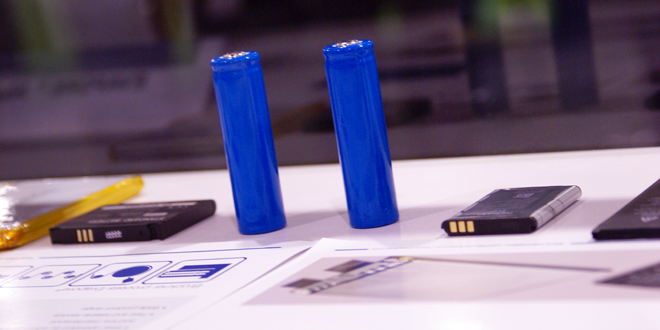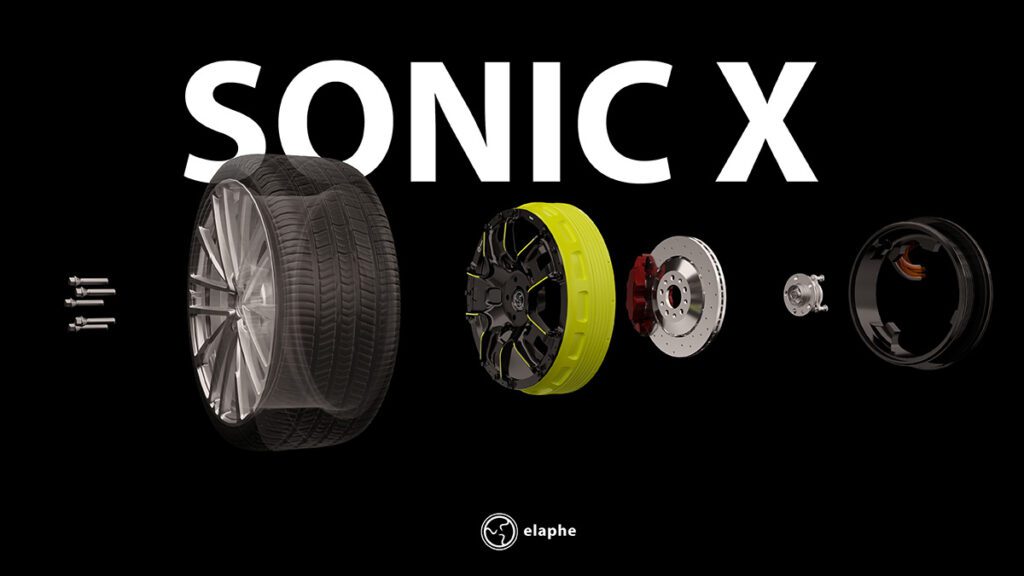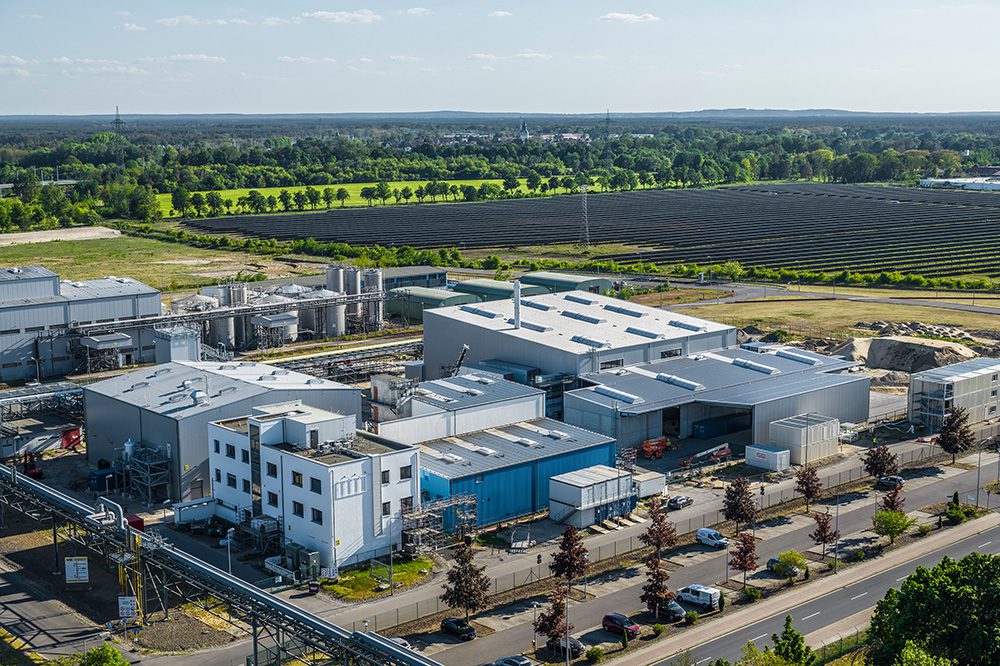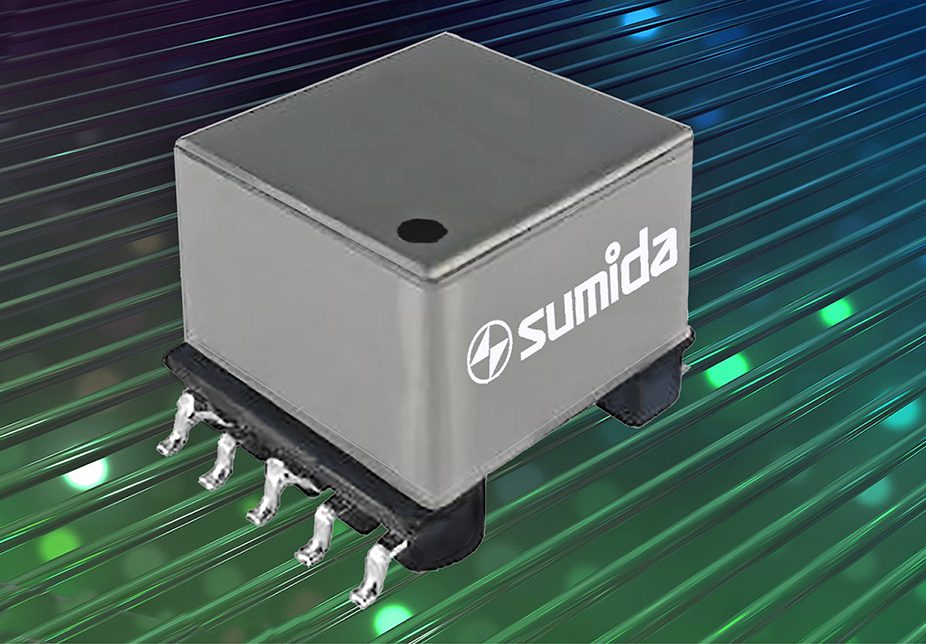Every EV driver understands the importance of an accurate “fuel gauge.” Engineers working on the batteries of the future also need a reliable way to measure the state of charge (SOC), even in cases where they may be testing different battery chemistries.
Researchers at the University of Connecticut have developed a chemistry-adaptive battery fuel gauge based on a probabilistic data association (PDA) algorithm. Their paper, published in the Journal of Power Sources, addresses the problem of determining SOC when the battery chemistry is unknown.
“It is desirable for a battery fuel gauge (BFG) to be able to perform without any offline characterization or calibration on sample batteries,” wrote G.V. Avvari and colleagues. “All the existing approaches for battery fuel gauging require at least one set of parameters, a set of open circuit voltage (OCV) parameters, that need to be estimated offline. Further, a BFG with parameters from offline characterization will be accurate only for a known battery chemistry. A more desirable BFG is one that is accurate for any battery chemistry.”
SEE ALSO: Livingston Products develops battery self-cooling system
The researchers showed that by storing finite sets of open circuit voltage parameters of possible batteries, they could derive a generalized battery fuel gauge using a PDA algorithm, which assigns prior model probabilities for all the possible models in the library, then recursively updates those probabilities based on voltage and current measurements. In the event of the need to gauge an unknown battery, the PDA algorithm selects the most similar OCV model to the battery from the library.
Source: Journal of Power Sources via Green Car Congress


















































































